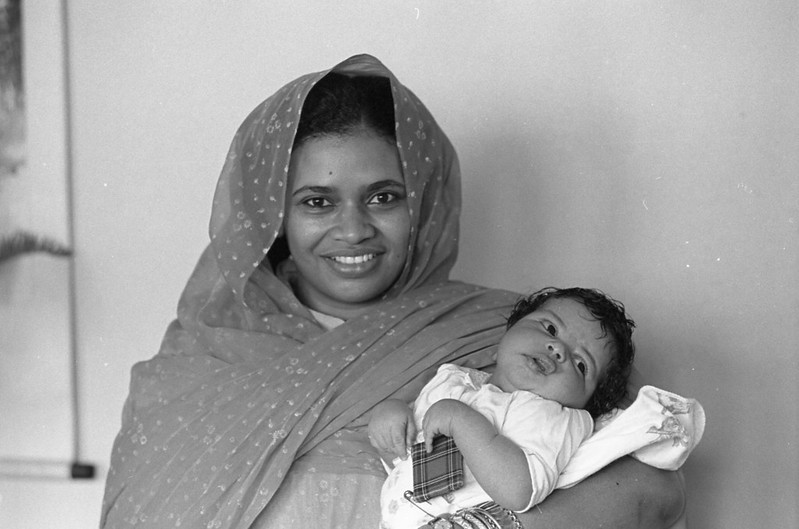Topic Resources
September 18, 2020
The Sauti publication features artworks from young African women, and showcases the linguistic diversity of Africa. #Africayouthlead
February 10, 2022
Agenda 2063 is Africa’s development blueprint to achieve inclusive and sustainable socio-economic development over a 50-year period.
March 27, 2025





